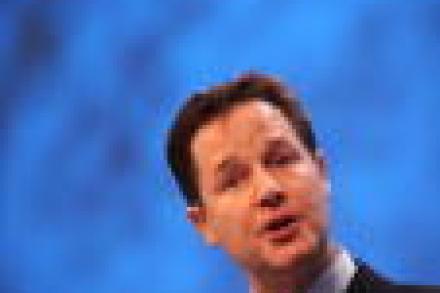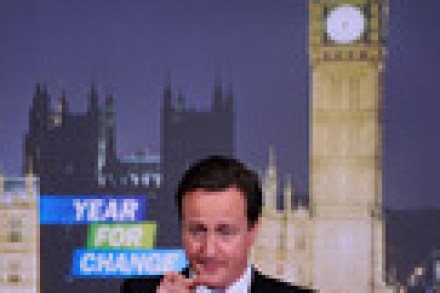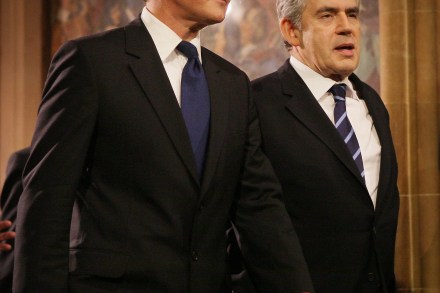Clegg keeps them guessing
Yesterday was all Labour, Tories, Labour, Tories. So, today, enter the Lib Dems. Nick Clegg has an article in this morning’s Times which, to be fair, is actually quite noteworthy. His main point? That the Lib Dems are a party in their own right, and will not be engaging in “under-the-counter deals” with the Big Two: “This year’s general election is likely to be the most open and unpredictable in a generation. So you have a right to know where we stand. I can promise voters wondering whether to put an “X” against the Liberal Democrats that there are no backroom deals or under-the-counter “understandings” with either of the other















